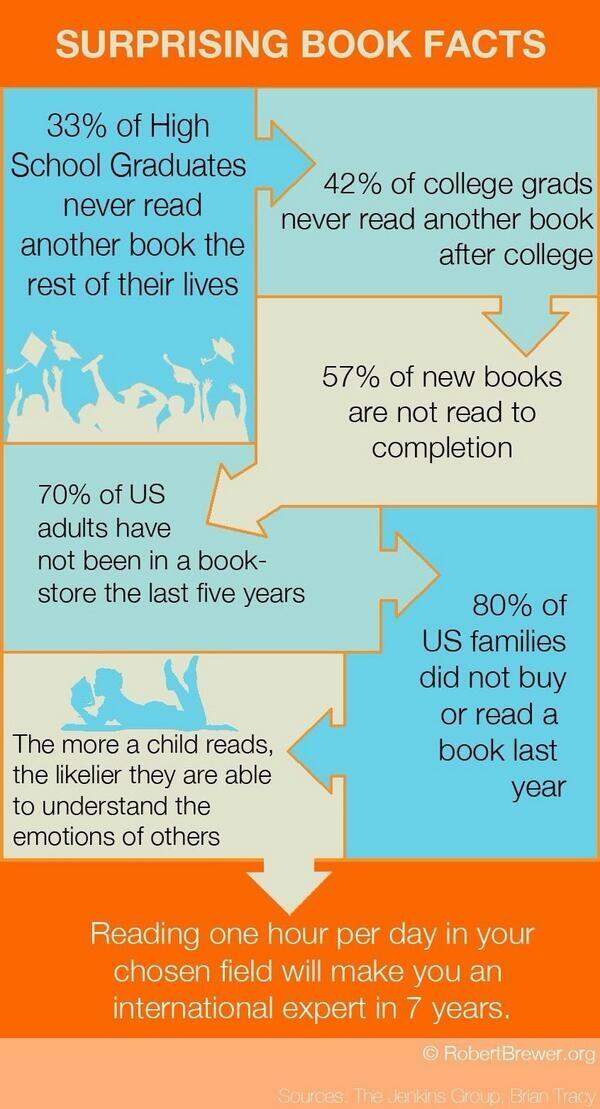Citing Authorities
An on-line commenter recently
suggested that my essays should "provide references supporting [my]
presentation." However, I had not made an unattributed quote. Yes, I
agree that writers should let readers know where an honest-to-god quote comes
from. Nonetheless, this person seemed to want me to produce an outside-party
authority for my personal beliefs and assertions. That's what blew my cork.
I responded that I'd given a
great deal of thought to tracking the sources of ideas in my essays, articles
and books. However, if one chooses to follow my columns and essays, they will
see that I usually present the material as my own experience and opinion, which
they (mostly) are.
The recent kerfluffle over
plagiarism in Rand Paul's office really brings this issue to light.





